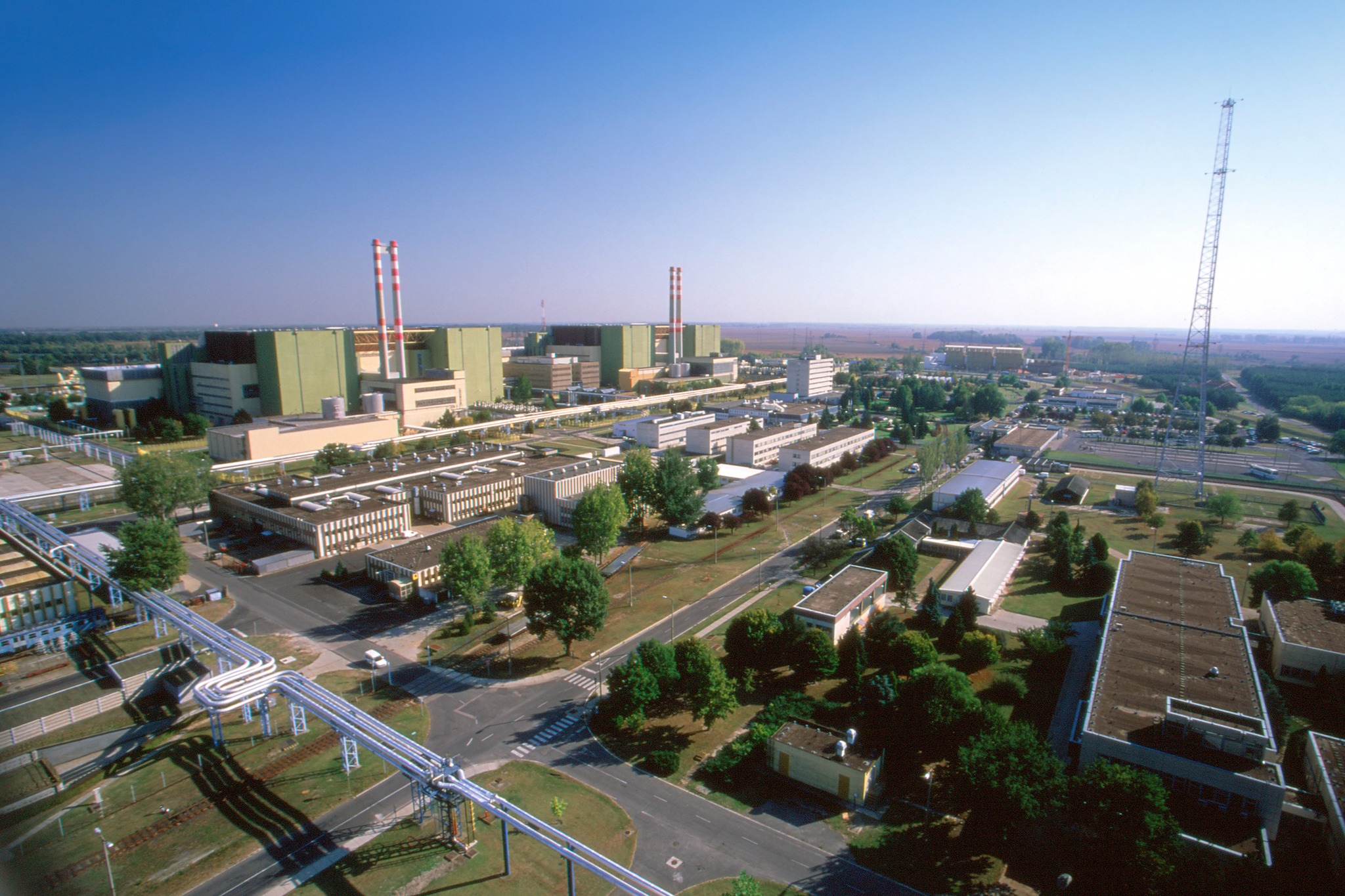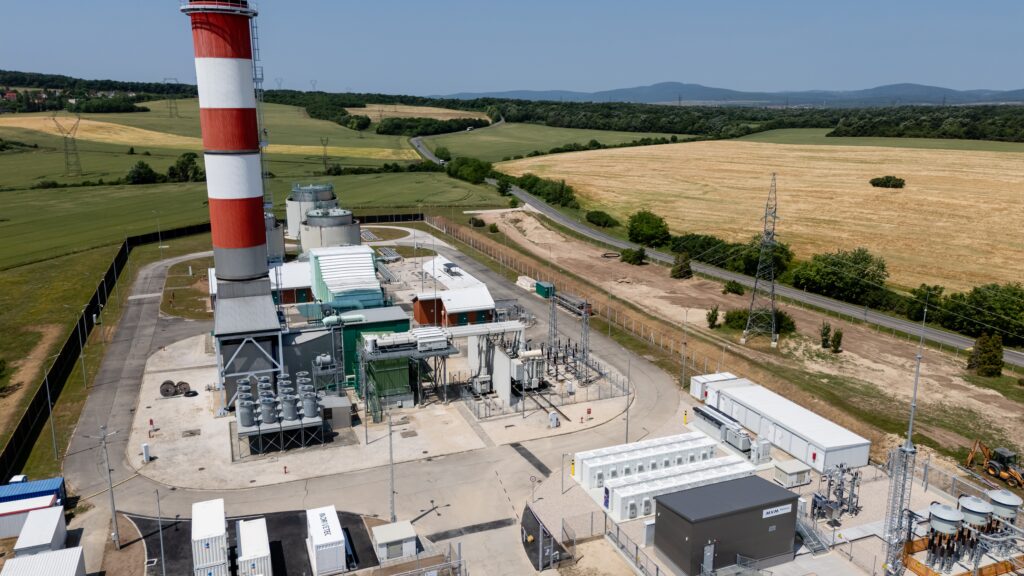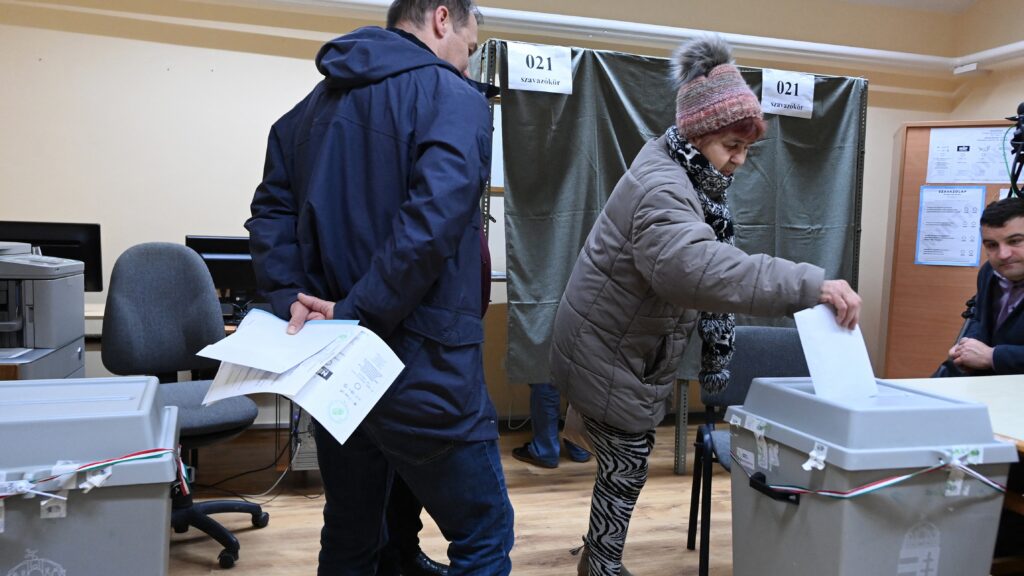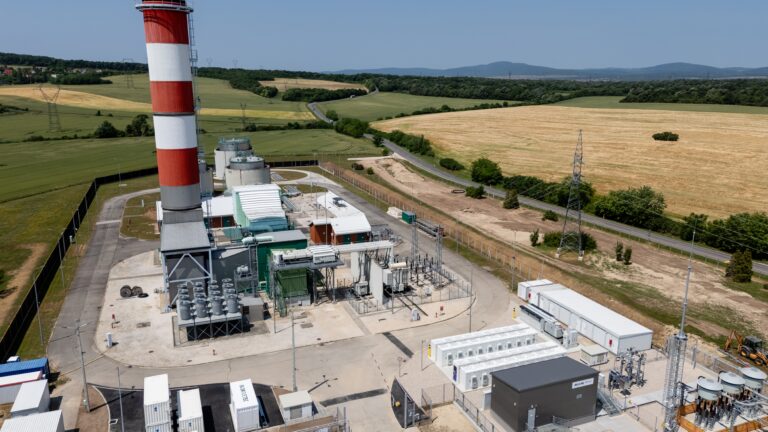Hungary could play a pioneering role in the development and application of small modular nuclear reactors (SMRs), according to Director of the energy and climate policy division at the Századvég Foundation Olivér Hortay. Speaking on Kossuth Radio, Hortay commented on the US–Hungarian nuclear cooperation agreement signed on Friday, which paves the way for the installation of such reactors in Hungary.
Unlike traditional nuclear plants that generate several thousand megawatts, SMRs operate at smaller scales—comparable to gas-fired power stations—with outputs of a few hundred megawatts. Hortay said the technology is part of a ‘global renaissance’ in nuclear energy, representing one of the most promising directions for innovation due to its easier licensing process, modular design, and greater flexibility.
He identified two main reasons for Hungary’s participation in this emerging technology. First, the global trend toward electrification demands increasing amounts of electricity, particularly as Hungary advances its industrial development goals. Meeting these needs will require affordable and reliable energy production, and modular reactors could help fill that role.
Second, involvement in SMR technology offers Hungary an opportunity for innovation leadership. By adopting the technology early, Hungary could become the first country in the region to develop the necessary legal and regulatory frameworks, gain practical experience, and equip local suppliers with expertise that could later be exported.
Hortay also discussed US sanctions exemptions allowing Hungary to continue purchasing Russian energy. He noted that President Donald Trump had shown understanding toward Hungary’s energy situation, contrasting it with certain Western European countries that continue to import Russian energy indirectly despite sanction regimes. Germany and Bulgaria, he said, have already requested similar exemptions.
‘Trump has exposed the hypocrisy of others,’ Hortay remarked, suggesting that more European countries may follow suit. He added that while Brussels is unlikely to change its sanctions policy, Hungary’s government will need to continue defending the country from EU efforts to impose further restrictions on energy imports.
Related articles:







